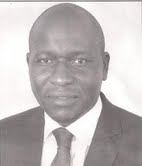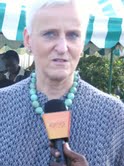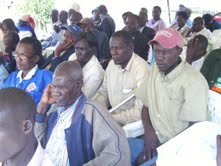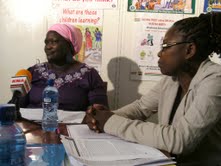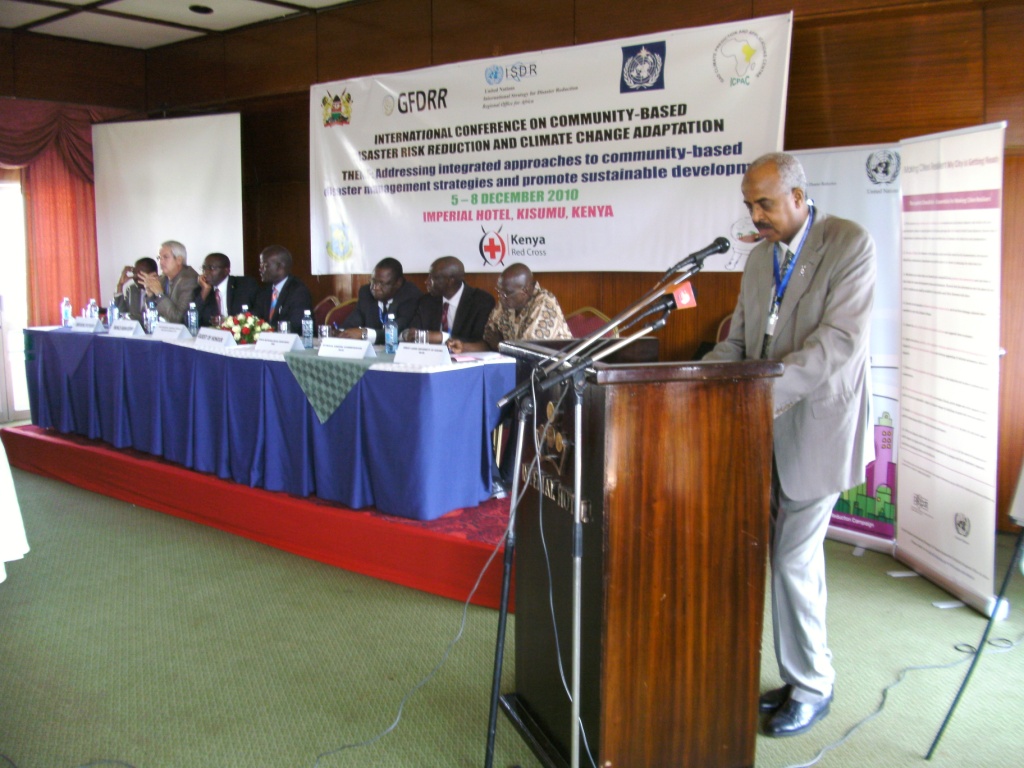Reports Leo Odera Omolo In Kisumu City
The controversy surrounding the Migingo Island saga resurfaced in Kenya Parliament on Tuesday this week when some MPs accused Kenyan leaders who have visited Uganda recently, at the invitation of President Yoweri Museveni, of sabotaging the Kenyan government’s effort to have the matter resolved amicably.
The debate kicked off during question time after the Gwassi MP, John Mbadi, whose constituency together with that of Nyatike, had protested that the government was being insensitivity in protecting its citizens from foreign occupation police forces.
The MP claimed the government was acting irresponsibly by not moving to protect its citizens. ”As per the past provisional agreement, both of the two governments, Kenya and Uganda, were to withdraw their security personnel from the disputed Migingo Island until a solution about the standoff is reached.”
Some MPs were of the opinion that various Kenyan leaders, who have been visiting Uganda in the recent past at the invitation of President Yoweri Museveni, were the ones sabotaging Kenya sovereign policy and interfering with its effort to reclaim Migingo Island on the Lake Victoria. These leaders are known to have been lavishly hosted by the Ugandan leader.
The government of Kenya came under scathing criticism for its poor handling of the Migingo saga. The MPs took the Assistant Foreign Minister, Richard Onyonka, to task over the alleged government’s haphazard handling of the Migingo saga that has left Kenyans on Migingo Island at the mercy of the foreign occupation police force.
Onyonka had told the House that the government of Kenya would insist on employing diplomacy instead of confrontational methods of seeking lasting solution to the Migingo dispute.
Imenti Central MP, Gitobu Imanyara, demanded the Minister explain if the leaders who have visited Uganda, discussed the Migingo Island issue while there.
“As a Ministry, we have not received any communication to that effect”, answered Onyonka.
The MPs demanded that the government of Kenya dispatche its own police officers to protect Kenyan within the Island and save them from persistent harassment by foreigners in their own land.
Onyonka further told the House that the joint efforts, by the Kenyan and Ugandan governments, to carry out a survey and fresh demarcation of the island, had flopped after the Ugandan team pulled out.
According to Onyonka, the Ugandan experts excused themselves to go back and seek further instructions, but never returned, forcing the Kenyan team also to suspend the exercise.
The Minister said the two governments have since then agreed that Uganda will host the next round of talks at a convenient time. The Kenya government is still waiting for an invitation.
A number of Kenyan politicians, especially those whose names are frequently being associated with the presidential candidates in the year 2012, have been trooping into Uganda at the invitation of President Museveni. Among the recent VUP to pay a brief visit to Uganda was the retired President Dai el Arap Moi. Such visits have irked the communities living close to the common border of the two countries, particularly the Luos living along the eastern shoreline of Lake Victoria, a community which is known to have no love lost for the Ugandan leader.
Others who visited Uganda recently include Gideon Moi and Nuck Salat, both of KANU, Kalonzo Musyoka, the Vice President, William Ruto, the MP for Eldoret North, and Eugene Wamalwa, the MP for Saboti who has already declared his interest in the presidency comes 2012.
This particular community of fishermen has the longest border with Uganda inside Lake Victoria, stretching from Bondo to Muhuru Bay on the Kenya Tanzania border. It is covering over 300 kilometers and the community is the one which has felt the heart of the conflict between Kenya and Uganda.
Museveni, while speaking in Dar Es Salaam, during the height of chaos in Kenya following the disputed presidential election results of December 2007, had referred to the Luos as mad people. He was also the first African Head of state known to have extended words of congratulations, and consequently recognized, President Mwai Kibaki, as the one who was duly elected, contrary to the election victory claimed by the Prime Minister Rala Odinga, himself a Luo tribesman, who was widely believed to have worn the presidential votes. Museveni even offered to reconcile the warring ODM and PNU parties, but his offer was out rightly rejected after he was accused of being a partisan
Ends
leooderaomolo@yahoo.com

